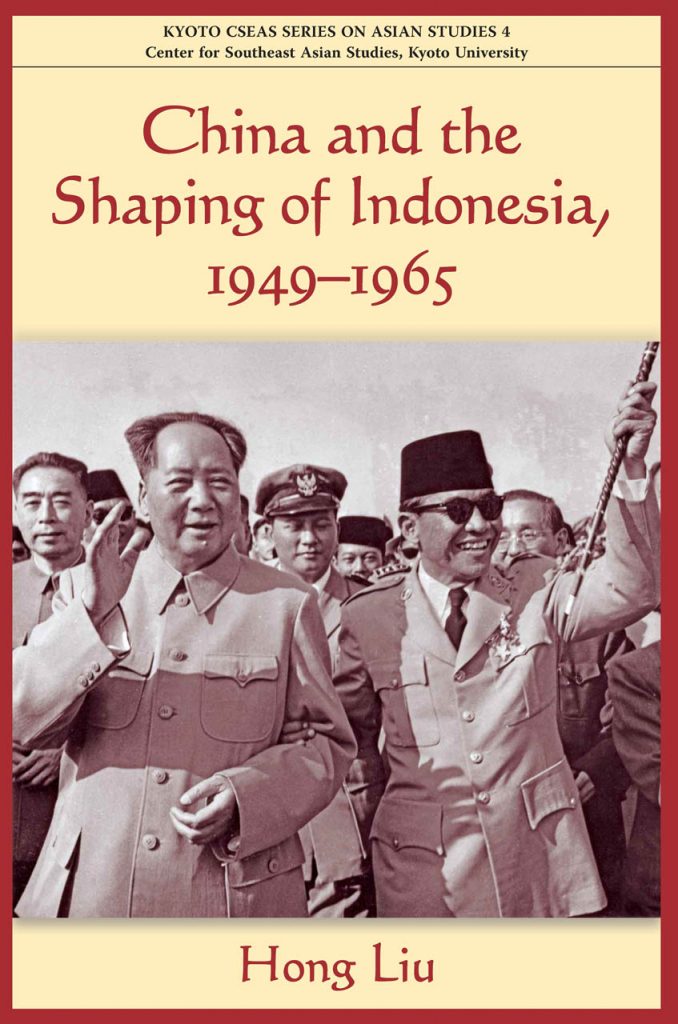The interactions and mutual perceptions of China and Indonesia were a significant element in Asia’s postcolonial transformation, but as a result of the prevailing emphasis on diplomatic and political relations within a Cold War and nation-state framework, their multi-dimensional interrelationship and its complex domestic ramifications have escaped scholarly scrutiny.
China and the Shaping of lndonesia provides a meticulous account of versatile interplay between knowledge, power, ethnicity, and diplomacy in the context of Sino-Indonesian interactions between 1949 and 1965. Taking a transnational approach that views Asia as a flexible geographical and political construct,this book addresses three central questions. First, what images of China were prevalent in Indonesia, and how were narratives about China construed and reconstructed? Second, why did the China Metaphor — the projection of an imagined foreign land onto the local intellectual and political milieu — become central to Indonesians’ conception of themselves and a cause for self criticism and rediscovery? Third, how was the China Metaphor incorporated into Indonesia’s domestic politics and culture, and how did it affect the postcolonial transformation, the fate of the ethnic Chinese minority, and Sino-lndonesian diplomacy?
Employing a wide range of hitherto untapped primary materials in Indonesian and Chinese as well as his own interviews, Hong Liu presents a compelling argument that many influential politicians and intellectuals, among them Sukarno, Hatta, and Pramoedya, utilized China as an alternative model of modernity in conceiving and developing projects of social engineering, cultural regeneration and political restructuring that helped shape the trajectory of modern Indonesia. The multiplicity of China thus constituted a site of political contestations and intellectual imaginations. The study is a major contribution both to the intellectual and political history of Indonesia and to the reconceptualization of Asian studies; it also serves as a timely reminder of the importance of historicizing China’s rising soft power in a transnational Asia.
